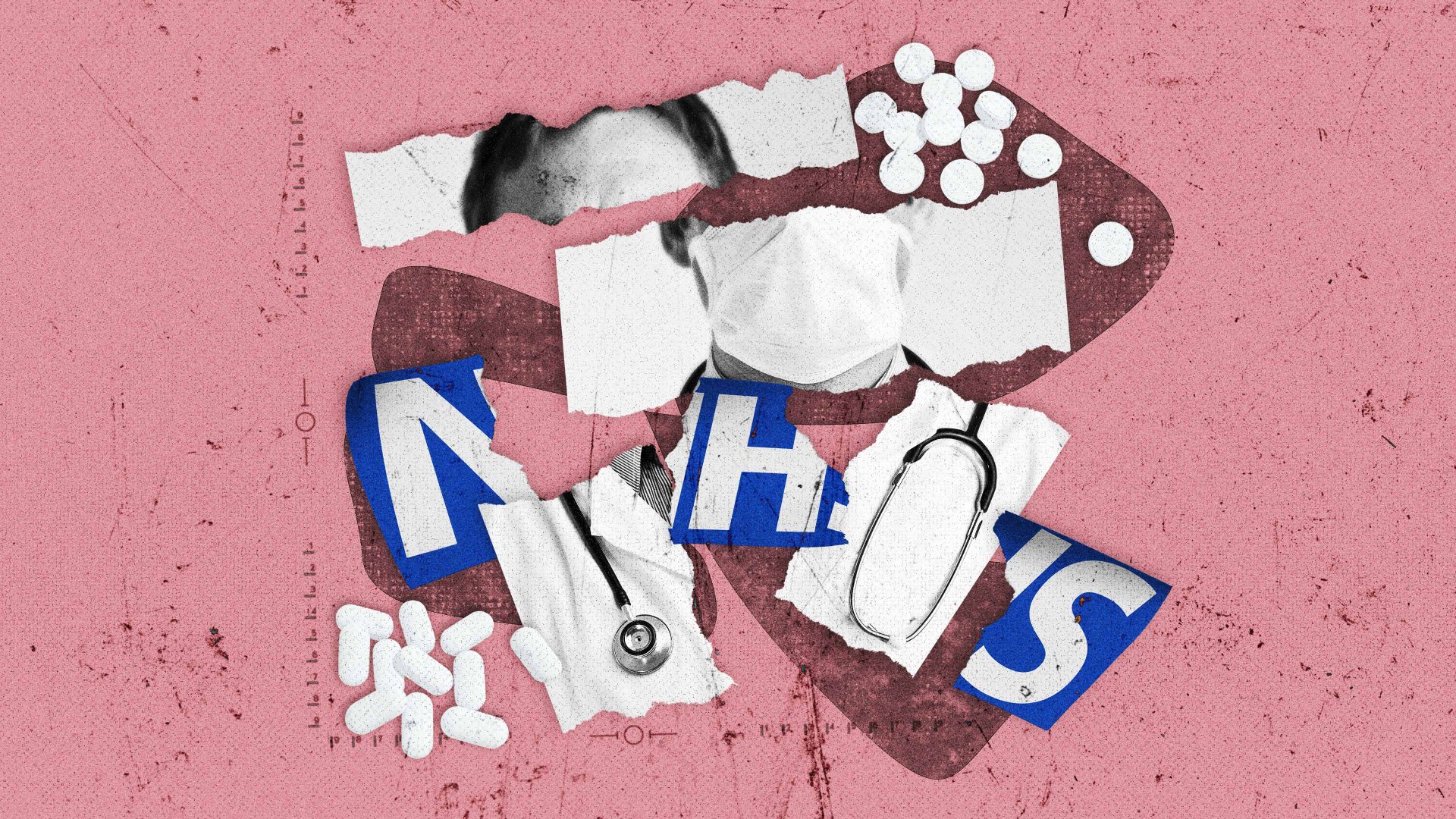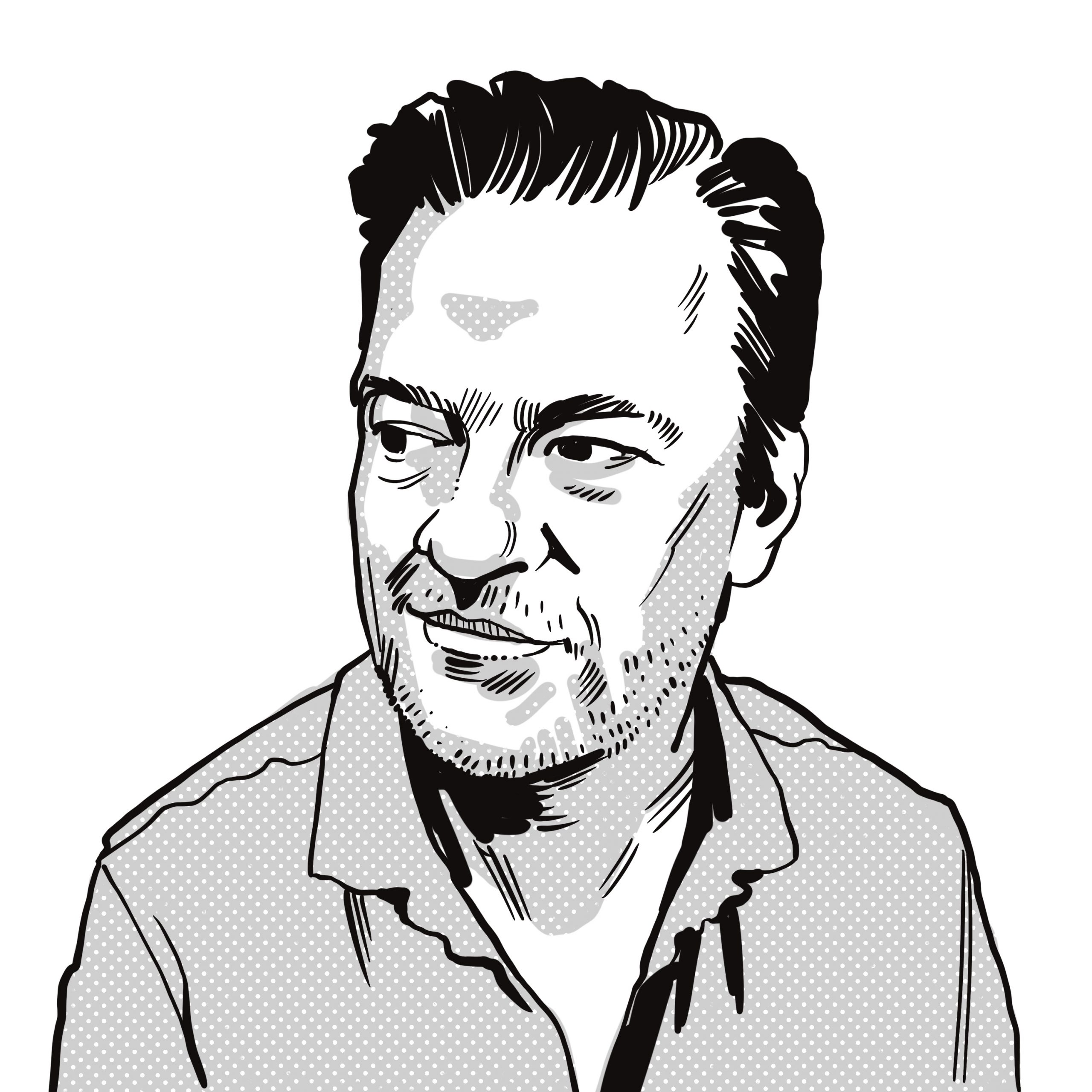The 5th July 2023 marks the 75th birthday of the NHS. There’s no denying it’s been a tumultuous three quarters of a century. No decade has gone by that hasn’t seen multiple reorganisations, restructurings, or “tinkerings” by governments from all sides of the political spectrum. All cyclical – mostly unhelpful. Money has come and gone; waiting lists have waxed and waned; and yet the staff and the patients fight on – largely indifferent.
There is no denying that when the NHS was founded in 1948, a great sense of fear subsided amongst the general population. Although workers had been able to access healthcare under the National Insurance Act since 1911, their families, the poor, or unemployed had been excluded and the threat of injury or sickness and punishable doctors’ fees had loomed for many as a grim reality.
Those early days were no golden age. In the post-war austerity years the economic stagnation was mirrored – as now – by a lack of real-terms investment in healthcare. Conditions plummeted and a demoralised, exhausted, and hopeless workforce struggled to keep going – sound familiar?
75 years on and we’re no further forward. We have recently had the unveiling of the Conservative “NHS Workforce Plan”. There are over 130,000 staff vacancies within the workforce and every single doctor I have asked about it has just laughed: “It’s a joke, they’re trying to get doctors on the cheap”; “who’s going to supervise all these trainees?”; “we’re the laughingstock of the world” have been a range of the responses I’ve enjoyed. There may be some positives lurking in the depths, but the initial response has been far from positive.
So am I a different doctor to the GPs working in the early days of the NHS? Are my patients any different? Are they any less afraid? Is the NHS any less meaningful?
Let me tell you about Brenda. Brenda has skin cancer. It’s a rare kind. So rare that she had to wait three years to see a specialist in London. She’s having chemotherapy but suffers from awful itch and terrible anxiety.
Sometimes her red, raw skin has seemed on fire but today it’s calm and she’s almost peaceful. She asks me to check a little lump on her elbow – a benign cyst – and for some advice about her incontinence. She tells me she has an appointment for some more tests at the hospital next week and I give her directions for where to go.
“Oh thank you,” she says, gathering her stick as I stand to usher her out of the room. “Thank you for seeing me. I do really appreciate it.” She pauses, “You know it’s amazing, the NHS. It makes me get all teary, you know,” she reaches for one of the tissues on my desk and blows her nose – loudly – “all those people who care about me.”
Then there’s Alice. Alice is in her eighties. I saw her this morning for an injection to try and help the pain in her knee. “Have you had one before?” I ask her breezily, drawing up the steroid into the syringe. She looks at me a little reproachfully, “Yes dear,” she says as though I were five, “you injected my shoulder 6 months ago and it’s been fine ever since.” She waves her arm in the air to prove it and I make some half-hearted and terrible joke about one shoulder looking just like another to try and cover my embarrassment. She’s polite enough not to respond.
After I’ve injected her knee we get onto bunions – forget workforce plans, these are the things real people care about. We discuss plasters for a while and different sorts of shoes and then I work out why this has really come up, “Well you see doctor,” Alice tells me, “I’ve got two grandchildren, one of them is in her second year of being a doctor,” – I make a sympathetic noise – “and the other works in television. They’re both getting married next month and I HAVE to be there.” Her whole face lights up with pride and joy and wonder. It’s alight with beauty.
We spend a while discussing the outfits for each wedding – different of course – and then she gives me an oddly formal thanks and departs – with a twinkle in her eye.
Finally let me tell you about Lucy. Lucy is now eighteen months old – a beautiful, chubby, perfect toddler with piercing blue eyes exactly the same shade as her mum’s. I was first introduced to Lucy when she was 5 months old, about 10 inches tall and half a pound in weight – that’s a cup of water or two cups of flour.
My introduction to Lucy was not positive. “Major cardiac abnormality”,” Life limiting”, ”terminal” were all phrases that leapt out from her letters. Her life was still a dream for her parents and yet doctors were already predicting its end. I couldn’t begin to imagine how this must feel for her mum, Nicola.
I sent her a message, “I’m here, let me know if you want to talk”.
Nicola never did want to talk. Children with as profound issues as Lucy’s have more medical appointments than they or their parents can really cope with. I have no idea how it must feel to be in that position. I saw them now and again over the coming months but not with time to properly chat. Finally, 18 months after Lucy was born, Nicola made an appointment. She looked relaxed, happy. Lucy was doing really well and the doctors were already amazed by her progress. She was defying their predictions.
She smiled at me and laughed as Lucy reached out for my stethoscope and we debated in mock seriousness which animal sticker she would prefer, “I want another child,” Nicola said, smiling, “what do you think?”
How do you bottle emotion? How do you explain the value of human connection? The pricelessness of a smile at a grandchild’s wedding, the fear of an itch, or a toddler’s seriousness at the choice between a zebra and a toucan?
I’m no different to the GPs in the early NHS. Neither they nor I really care about technology or Artificial Intelligence. We will both use it if it helps but neither they nor I think it will make any meaningful difference to patients or doctors because what matters are human connections – the stories and experiences that bind us together. Politicians can parade whatever soundbites they like but the people who matter will recognise the truly important things. However, if we brush these values aside, as we are, we will remain the laughing stock of the world.










